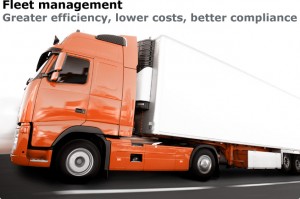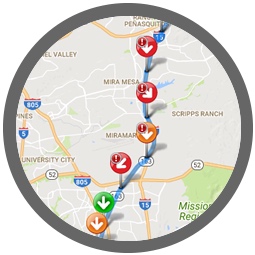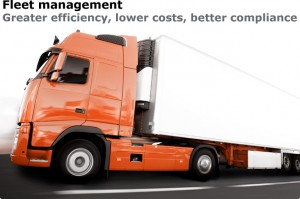How to Save $1.3 Million with Better Fleet Management – Part Three
 Fleet Cost-Reduction Strategies: Direct Expenses
Fleet Cost-Reduction Strategies: Direct Expenses
Sell used vehicles in competitive resale markets. Most fleets value their used vehicles based on market values published from various industry sources like KBB. Fleet managers are usually satisfied with the sale of an individual fleet vehicle if they realize close to the market average or, worse, an amount more than book value. This approach ignores that those published market values are the mean of a distribution of high and low prices. Far too often in a negotiated sale, the purchasing vehicle dealer or driver knows the condition of the vehicle better than the seller, and pricing it at market average gives the upside to the buyer. Only by pricing negotiated sales above the market average or by selling in a competitive bidding market with a larger population of buyers can sellers actually capture above-the-mean value for themselves. This approach can provide an additional 5% in average resale prices, up to $75,000 per year.
Reduce accidents and insurance costs. Typically most insurers will reduce your insurance premiums by over 30% if you install a GPS fleet tracking system. Moving beyond depreciation to other operating costs, fleet vehicle accidents require an average of $1,500 to $2,800 in repairs, but total accident costs are perhaps closer to $11,000 per incident when indirect costs such as injuries, liability, property damage, and workers’ compensation are included. Typical fleet annual accident rates range from 15% to 40% of all vehicles, so the savings opportunities by reducing accidents can be substantial. By mandating pre-employment and annual motor vehicle records checks, requiring safe-driver training, and enforcing a safety scoring system, your fleet can reduce its accident rate by over 15% and save up to $375,000 per year.






















